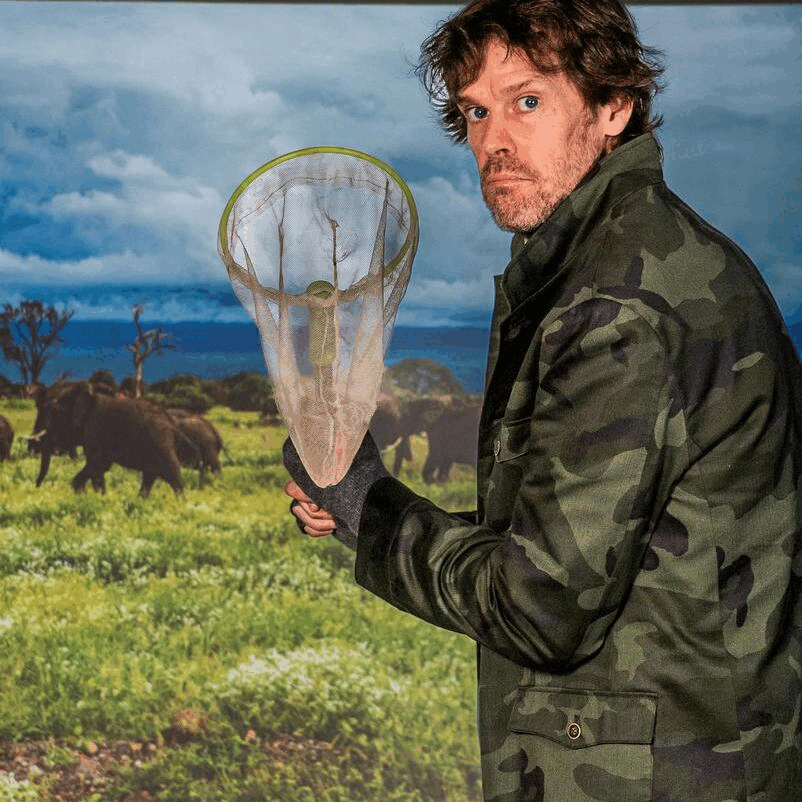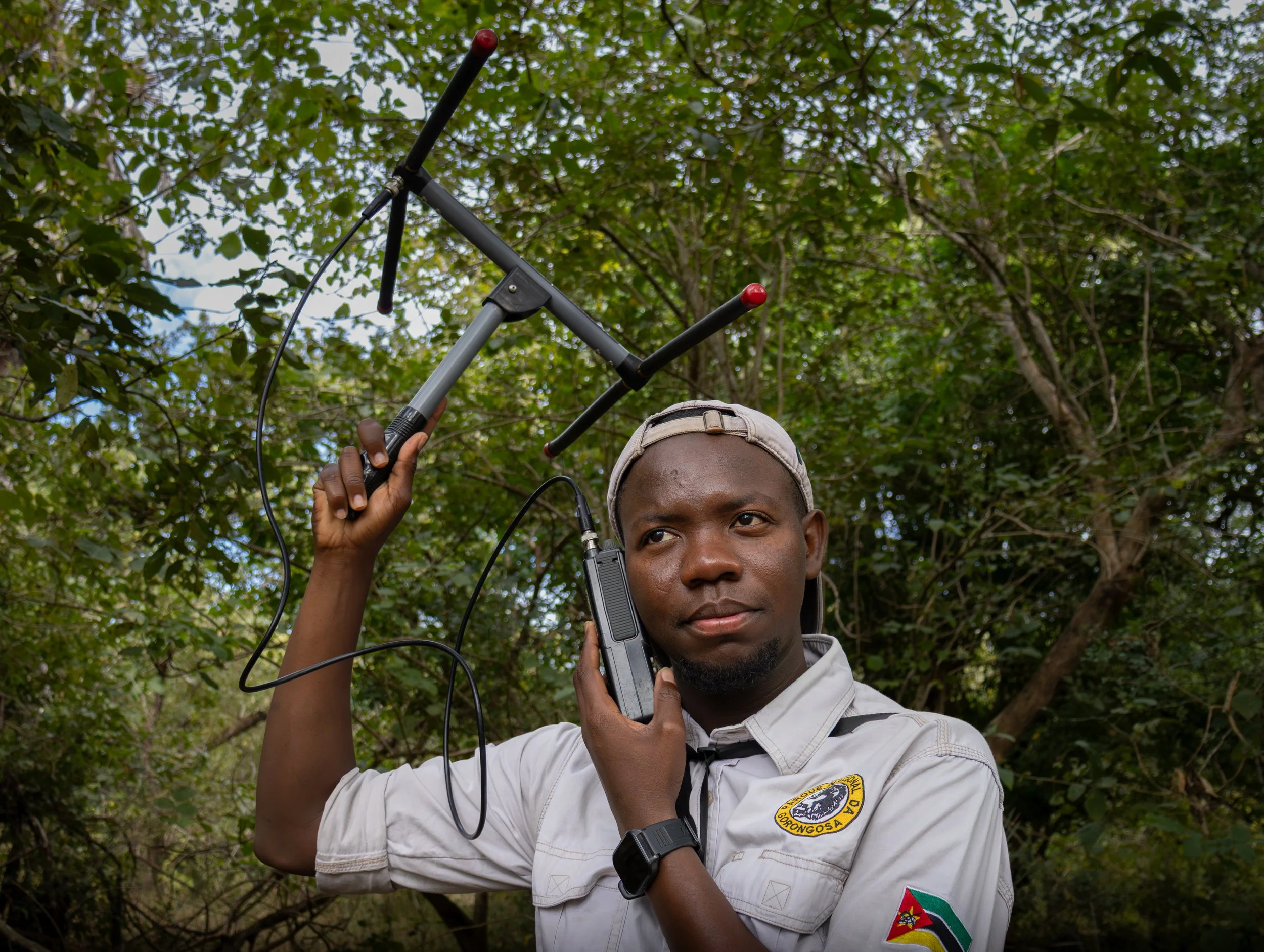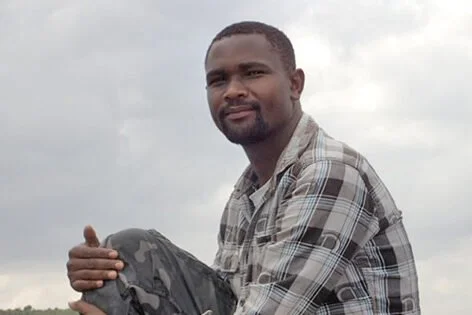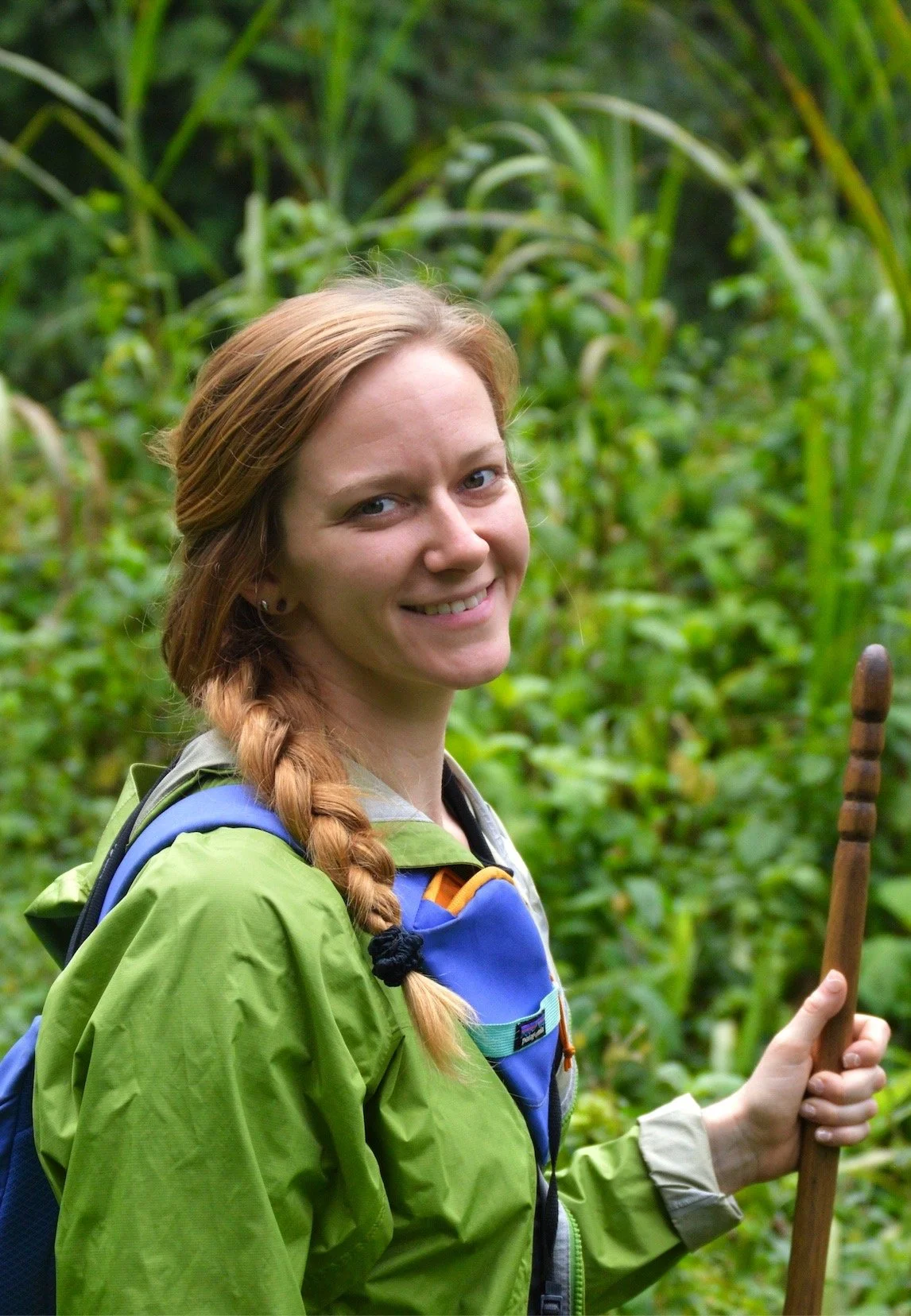We are a collaborative team brought together by the shared goal of pushing boundaries in ecology.
We celebrate new and different ways of thinking about the world, and the teamwork required to do big, ambitious projects.
Meet the Team
-

Rob Pringle
Professor
I have always been fascinated by the ways in which species interactions “cascade” through food webs and other ecological networks. My research is motivated by curiosity, and the drive to understand how wild ecosystems work. By understanding how things work, we can appreciate them more fully and better understand how to restore them when they break. Google Scholar | CV
-

Beto Tenente
Field Manager
Beto joined the Pringle Lab after graduating from Gorongosa’s Master’s in Conservation Biology Program in 2022. He oversees several long-term research projects in Gorongosa National Park focusing on the recovery of large mammals using DNA metabarcoding and camera trapping.
-

Ciara Nutter
Lab Manager
I am interested in how the structure of ecological interaction networks affects ecosystem functioning and stability. More specifically, how diets and food webs vary across scales, how they are altered in response to anthropogenic change, and what the ecosystem-level consequences of these alterations are.
-

Dominique Gonçalves
Postdoc
My research seeks to understand how the human-induced selection of phenotypes of tuskless female elephants influences the behaviours that help to regulate ecological processes and ecosystem functioning. In addition to my role as a postdoc, I manage the Elephant Ecology Project at Gorongosa National Park in Mozambique. My work is a blend of elephant ecology, behaviour and human elephant interactions. CV
-

Erin Phillips
Graduate Student
I am interested in how predator-prey and predator-predator interactions act to shape ecosystem structure, function and biodiversity, and in the implications of this for conservation action and policy. I am studying the impact of apex carnivore reintroduction on natural populations, and particularly on understudied mesocarnivores in Gorongosa National Park.
-

Hallie Brown
Postdoc
Animals rely on behavior to buffer the impacts of rapid environmental change, but predicting how animals will respond to environmental stress, linking behavioral patterns to consequences for population growth, and tracing those responses to impacts on ecosystem function remain elusive goals. My research tackles that challenge, fusing ecological, evolutionary, and (recently) genomic approaches to understand how the interplay between physiology and behavior governs responses of animal communities—and the ecological processes that depend on them—to rapid change.
-

Harrison Watson
Graduate Student
The carbon sink/source potential of tropical savanna ecosystems are unclear, despite their importance to global carbon cycling and sequestration. I’m interested in how disturbance from fire and herbivory influence carbon sequestration in these systems. My research combines theoretical modeling techniques with field work in Kenya and South Africa to understand the role of disturbance in the carbon storage potential of tropical savannas.
-
Harry Wells
Postdoc
I am interested in biodiversity conservation and particularly how degraded ecosystems can be restored for the benefit of both human and non-human beings. In the Pringle Lab, I am investigating generalisable patterns in the ways that large herbivore communities reassemble, and the impacts of rewilding on ecosystem structure and processes, such as primary productivity, woody vegetation, fire regimes, and carbon sequestration across Africa.
-
Henry Gage
Graduate Student
My research explores the consequences of climate change for the behaviour of large mammalian herbivores. In Gorongosa National Park, I study how spiral-horned antelope (Tragelaphus spp.) navigate behavioural tradeoffs between thermoregulation, resource intake, and predator avoidance. My work is at the intersection of animal behaviour and physiology and explores how decision-making scales with body size.
-

John Ekeno
Research Technician
I work with the Pringle and Tarnita Labs at the Mpala Research Centre in Kenya. There, I help to oversee several large-scale and small-scale field experiments focusing on how termites and large mammalian herbivores affect plant and animal communities.
-
Megan Sullivan
Postdoc
I am a conservation ecologist studying global change ecology. My work aims to inform sustainable land management and nature-based solutions, particularly focusing on carbon and biodiversity monitoring, the impacts of climate and land-use change, and ecosystem restoration. I have led projects in Gabon, Rwanda, and Kenya. In the Pringle lab at Princeton, I conduct wildlife surveys at the Mpala Research Center in Kenya to pair with long-term data on herbivore exclosures from the UHURU project.
-

Oriane Ploquin
Postdoc
My research explores the application of DNA-based approaches to the study of African wildlife. In the Pringle lab, I will use DNA metabarcoding to examine the diets and population dynamics of rhinos and other species. More generally, my research combines feeding ecology, disease ecology, and community ecology to better understand the processes that shape wildlife populations dynamics and ecosystems.
-

Rory Wakeford
Graduate Student
I am primarily interested in understanding the interspecific mechanisms that structure complex animal communities and applying fundamental ecological research to species management and conservation. For my dissertation research, I am investigating the relationship between the non-consumptive effects of predation and competition among mammalian herbivores in multi-predator systems.
-

Sam Kurukura
Research Technician
I am a field-based biodiversity and ecological-research technician in Laikipia, Kenya. I have worked with the Pringle Lab since 2005 and help to oversee the UHURU Large-Herbivore Exclosure Experiment at the Mpala Research Centre. I have a particular interest in botany, and in understanding how large mammalian herbivores shape savanna ecosystems.










